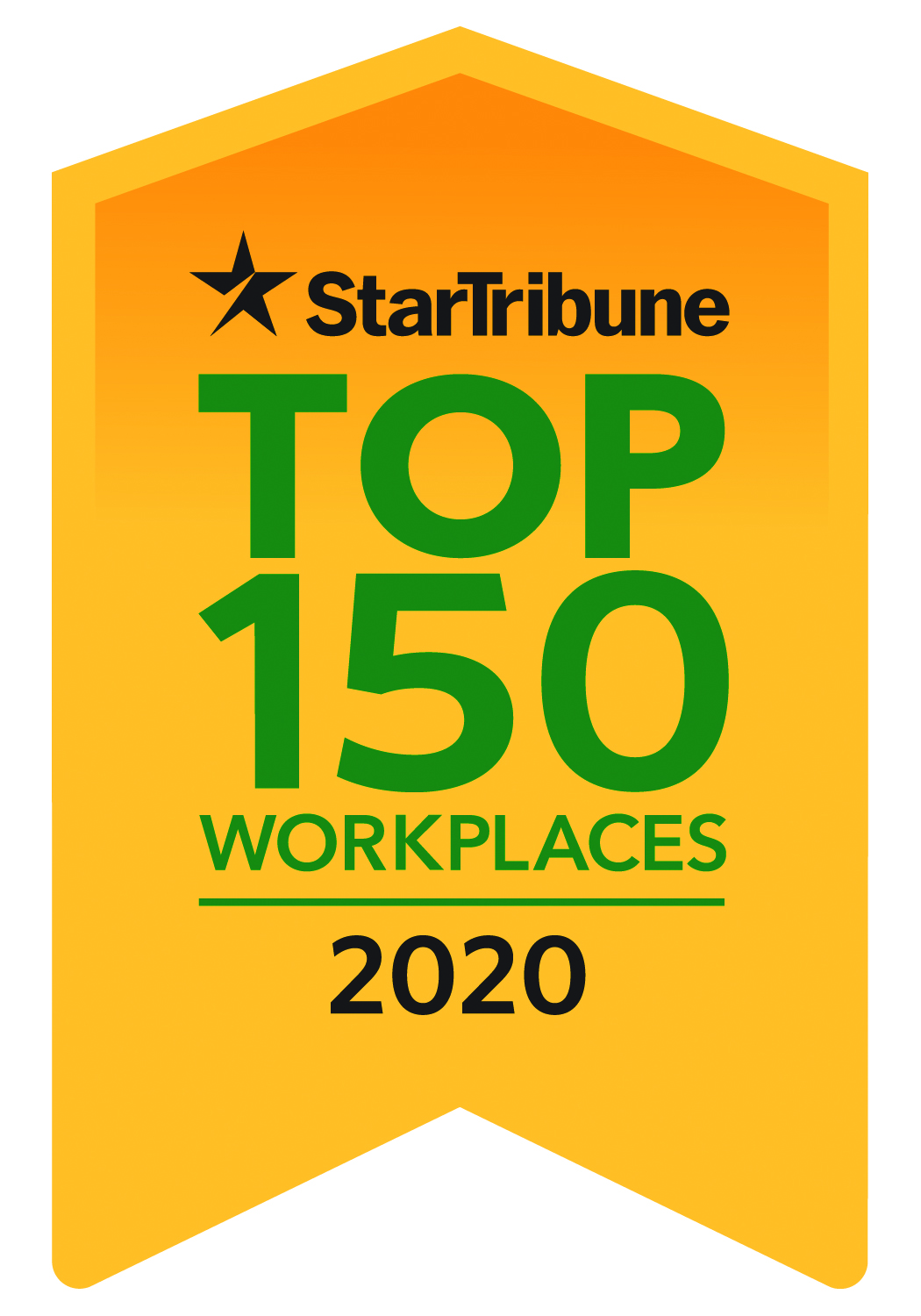Self-Study for Job Seekers
Something that most people don’t do while in pursuit of a new career is ask themselves questions and really make it a study to learn what they want in a job. The majority of the time; people look at pay, how well a company is known, and the title/prestige of a position to determine whether or not they’re going to apply somewhere. While all of those things do need to be taken into consideration, it’s not often that people do a self-assessment to establish what’s best for them outside of those parameters.
Every person is going to need different conditions to be met in order for them to be both happy and successful. It’s often the small things that we experience every day that determine whether or not we can be truly fulfilled in a job over the long term. Whether or not we enjoy what we walk into every day affects our ability to thrive and the amount of time we stay in a position.
Here are some factors to consider to help you assess whether or not a job or company could be a good fit for you.
1. What in your last job did you like and not like?
We all need an income, that’s a given. That’s why in many cases it can be difficult not to just take the first offer that comes your way. However, if you want to sustain your happiness and continue to produce quality work after the thrill of a new position goes away; you must be sure that you’re ok with most things that come along with it. For example, if you know that you couldn’t cope with the strict dress code at your last company, working for another company with a similar policy is probably not the best option.
2. What are you interested in?
What industries and/or what type(s) of projects? While it’s not realistic for every single aspect of a job to be your favorite, there has to be some level of interest. Whether it’s the work you’ll be doing on a daily basis or the line of work you’re involved in, you’ll want to choose something that you’re either interested in learning more about or something you have already been involved in and know you enjoy.
3.What natural proficiencies do you have?
The ability to lead, write, sell, plan…Are you excellent with technology or graphic design? Even if it is something that you have never done before, don’t be intimidated to inquire and apply if you have a knack for something. This is how many people begin working their dream careers. If you write in your spare time and know you enjoy it, why not look into a copywriting or columnist position?
4. What are the key things you can bring to your workplace?
No matter what, it is crucial that you have the opportunity to showcase your abilities and use your talents in your place of work. If you list out all of the things you have brought to past work places, you will likely open yourself up to even more options by having a wider net to cast.
5. What are your top values?
Service, financial stability, free time? Knowing these things about yourself ahead of time and asking about them in the interview process will be of great benefit. If free time is important to you, having a position that requires you take calls at night after you’ve left the office or on weekends is not an option. If your top value is service, you can likely go onto the company’s website and research if there is a cause they contribute to. You could also search specifically for positions in non-profit or sustainability. Values run deep within all of us; if something is important to you, your career choice should be in line with it.
6. Is there a certain environment you know you can’t work well in?
We all thrive in different environments. If you are an extravert and prosper in an environment with a lot of people, an office position with a team of three will not be your best option. If you are an introvert and you know you need your surroundings to be quiet in order to focus, a factory with loud machines is likely not your best bet; even if you do have your own office. Don’t try to convince yourself that you’ll be able to just deal with it. There are plenty of options out there for everyone, no need to get caught up in a scarcity mindset.
7. Does your lifestyle require a certain type of flexibility?
If you have regular doctor appointments or would strongly prefer to be able to be home with your kids more often than not, a job that is partially or entirely remote is a good choice. If you have a very busy schedule and want to be able to go straight from one place to another, (such as from work to the gym to your piano lessons) you likely want one with a lenient dress code so you don’t have to change in between. If you travel a lot, freelance or brand ambassador work may be your answer.
8. Are there any tasks you specifically want or don’t want to perform?
Even if you like your job for the most part, if there are certain things you dread, you likely won’t appreciate it over the long haul. List out all of the things you can’t envision yourself doing and be sure to choose positions where those things are not a requirement. If there are things that you really want to do because maybe you have never had the chance in the past, search specifically for those types of roles.
If you are in search of a new job, we at Award Staffing are here to help you find your future! Check out our newest available positions here.


